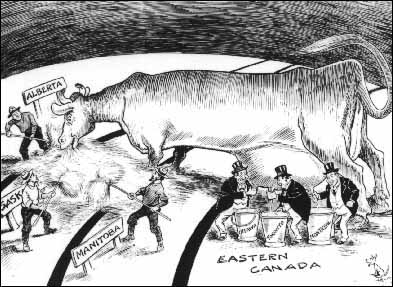As we speak, they’re flooding the internet with noise. Surely you can’t have not noticed just in the last few months the absolute deluge of “numbered” article titles and aggressively promoted content farms that went suddenly from either nonexistence or obscurity to apparent extreme popularity; vice, vox, upworthy, business insider, the disgustingly slick “blogging platform” medium.com, ad nauseam.
Then you have formerly-respectable websites eagerly jumping on the clickbait bandwagon; Mother Jones, AlterNet, etc.
Apparently they have reached the conclusion that they cannot afford the luxury of not doing so.
The blogosphere still exists. So what if it’s “so 2006.” It’s the real deal; the real voice of real people, most of whom are amateurs, which is to say, people doing something they love. It still exists, but now you have to be really looking for it to find it. You have to filter out a shit-ton of noise to get to the signal. Noise is a “value subtracted” feature of the internet. It makes it take a gigabyte to do the work of a megabyte. I did more meaningful communicating 25 years ago on a 2400 bps modem, and Usenet was as useful for the essay form as blogging. The combination of the UNIX finger and talk commands was as useful for instant messaging as any of the “instant messager” platforms. IRC was as useful for online chat as any present day monstrosity in that space.
For every action there is an equal and opposite reaction. For hardware we have Moore’s Law, which has increased the performance specs of computing equipment in the hands of ordinary people by something like 10 orders of magnitude in 30 years. For traffic we have the fact that implementation requires monetization combined with the fact that, at least when it comes to informational goods, monetization requires value subtraction, so the monetizer has something to sell “back” to its audience. This currently takes the form of signal degradation (content dilution, SNR reduction). There has literally been enough signal dilution to cancel out the gains from Moore’s law when you consider the total payload in HTML, CSS, Javascript, Flash content and other traffic involved in reading a 100-character message via a web-based email provider, or a 300-word blog post on a lightly-monetized blog. Note that I don’t even mean blogs monetized by their writers. The present blog is [was] on wordpress.com, which now shovels up video advertising. In terms of bandwidth, a picture is easily worth a thousand words, and at 30 frames per second, 34 seconds of video is worth a thousand pictures. Assuming you aren’t using Ghostery or something similar to read the present post, you could easily be downloading a million times more bytes of advertising than of content.
